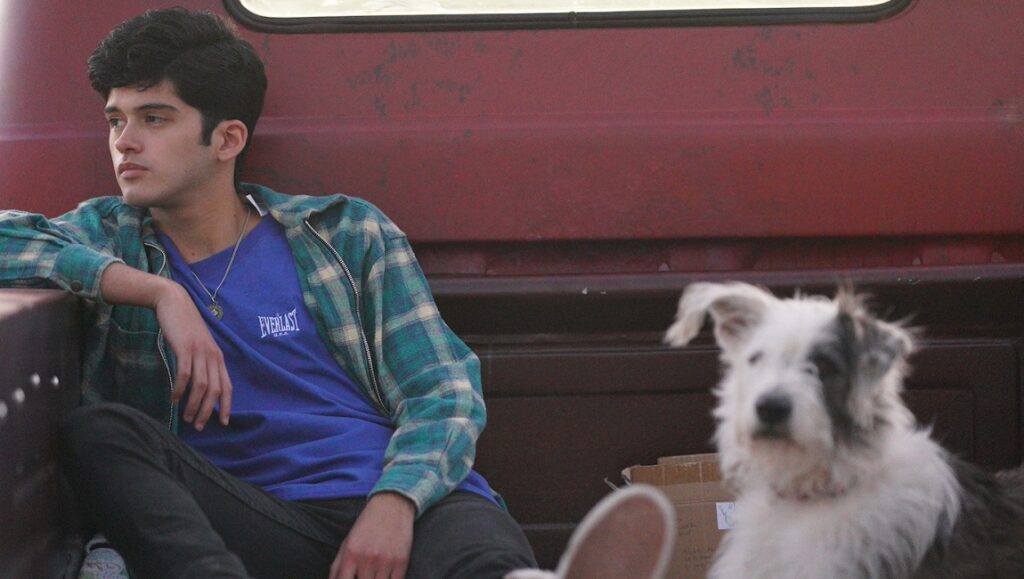Though they lived a millennium and a half apart, Aristotle and Dante Alighieri shared a conception of love that gave rise to most of humanity’s wishes and woes — Aristotle wrote on philia, his distinction of love against the throes of erotic intimacy as that which appreciates and treasures another for their own sake, whereas Dante was foremost a poet who intuited and philosophized on love both earthly and divine. That both remain exceedingly influential today to scholarly and casual discourse alike speaks, perhaps, to our enduring moral and cultural proclivity for love beyond merely physical consummation, past the Darwinian conception of an indifferent universe; that the profundity of philosophy quickly blends into easy sentimentality today demonstrates just how entrenched the belief in romance as transcendence has become. While it’s cool to live in a world where Jeremy Bentham’s principles haven’t transformed us all into utility functions just yet, there is a price — as we shall see — to be paid for sappy, skin-deep infatuation.
The price, namely, is meaning: when love devolves into infatuation and infatuation knee-jerk pining, meaning is culled and transcendence loses its currency. And ironically for a film whose title proclaims our two philosophers of love working to unmask the mysteries of the soul, Aitch Alberto’s Aristotle and Dante Discover the Secrets of the Universe quickly dispenses with both profundity and the better parts of sentimentality for a forgettable exercise in representation. Aristotle is “Ari” Mendoza (Max Pelayo), a lonely Mexican adolescent whiling away the hot summer days in 1987 El Paso and almost by definition a horny mess. Dante Quintana (Reese Gonzales) is his canonical and real-life interlocutor, a more outgoing but equally apprehensive kid. One fateful encounter at their local swimming pool later, and the two begin a close, almost-too-close friendship that propels them into their separate journeys of boyhood, sexual discovery, and heartbreak.
All the tropes are here: based on Benjamin Alire Sáenz’s 2012 young adult novel, Alberto’s sophomore feature heeds the modern coming-of-age template to a T, taking pains less to characterize the inner lives of its protagonists and more to situate them within their respective social milieus. Digestible, expressible, reviewable are the expedient considerations at hand, as one expects of a film this inured to accusations of cliché that it churns out such Tumblr-worthy quotes as “we all fight our own private wars,” “it’s just that some things are hard to look at — so we don’t look,” etc. Ari’s parents are working-class conservative, and his brother is serving time for gang violence, while Dante hails from a family of half-Mexican, full-blooded academics who very much support his coming out even when the teenager berates himself for being “different.” But what’s damning about Aristotle and Dante aren’t these contrasts, and certainly not their various idiosyncrasies; rather, it’s the lack thereof, which renders the film little more than a falsely nostalgic exemplar of the Netflix-backed ’80s (Stranger Things, anyone?), further bogged down by faux-empowering messaging. Perhaps it’s a fault of translation between text and film, or perhaps it’s inherent to the saccharine tedium of YA fiction; in any case, neither Alberto’s thematic concerns (queerness and socialization, in particular) nor her generic formalism (a handful of CGI stars sprinkled across the screen as metaphor for Love Inc.) can be said to inspire beyond reiterating some textbook tenets on empathy and acceptance. Were the real Aristotle and Dante this listless with their philosophy, we’d likely never have heard of them.
DIRECTOR: Aitch Alberto; CAST: ddd; DISTRIBUTOR: Blue Fox Entertainment; IN THEATERS: September 8; RUNTIME: 1 hr. 36 min.


Comments are closed.